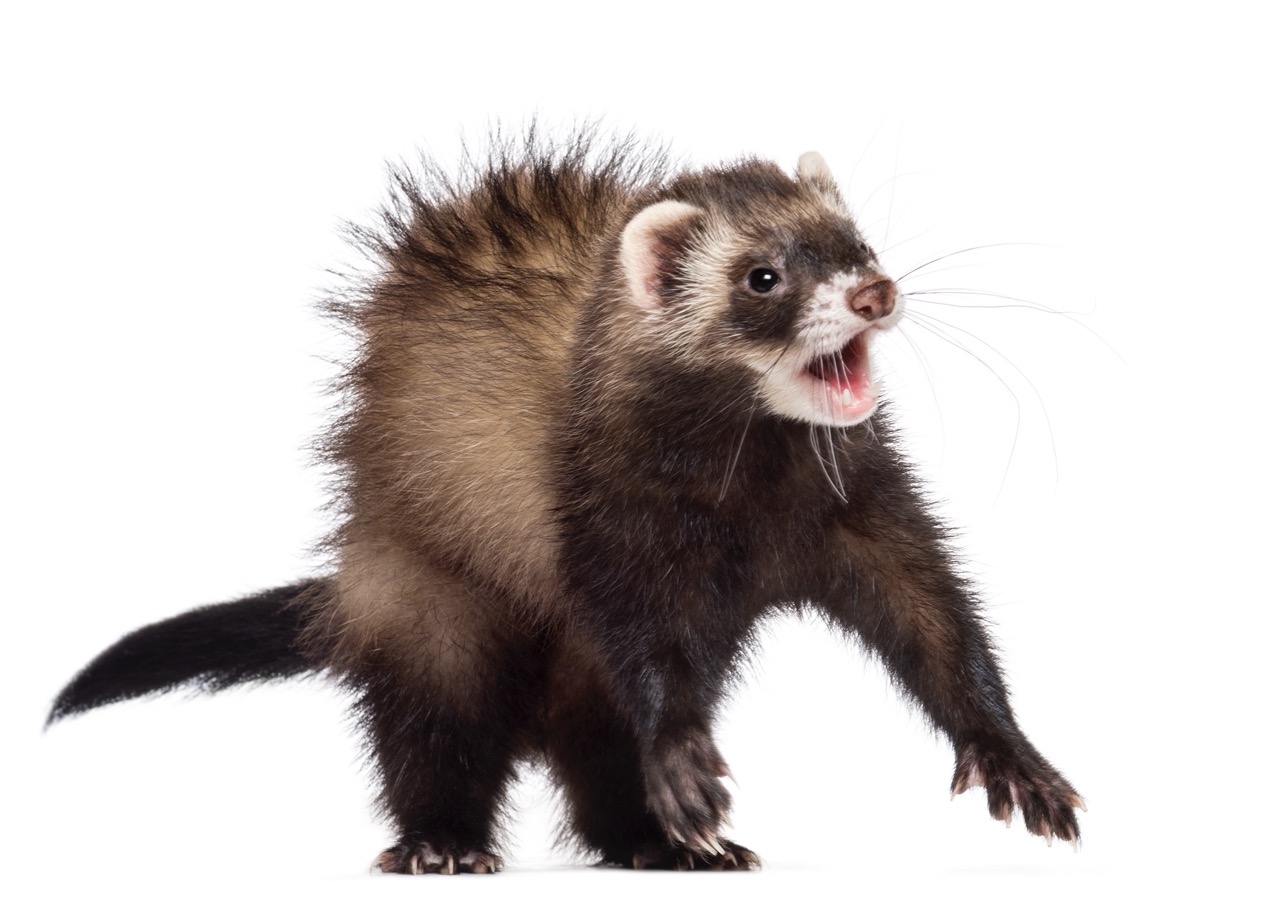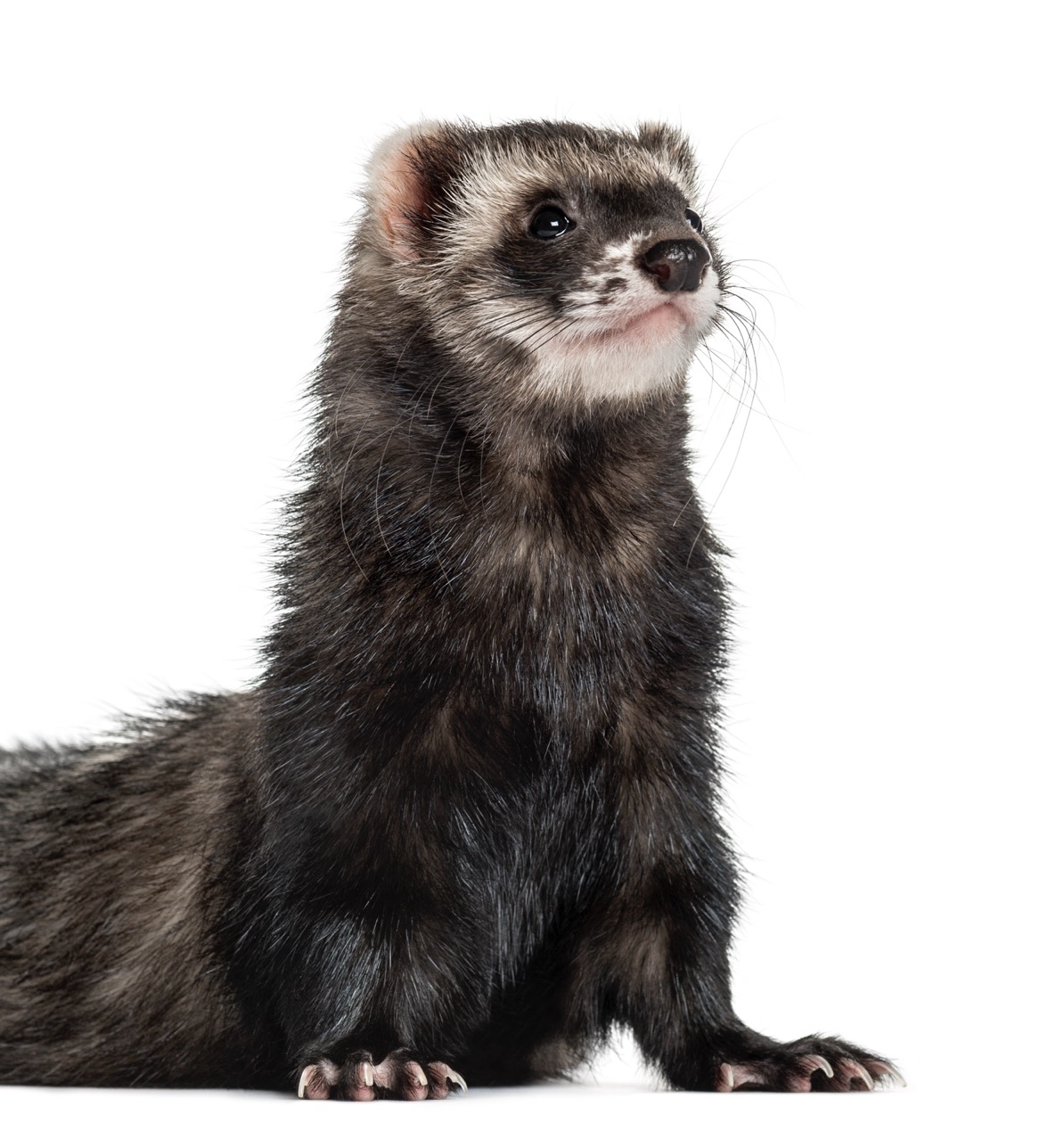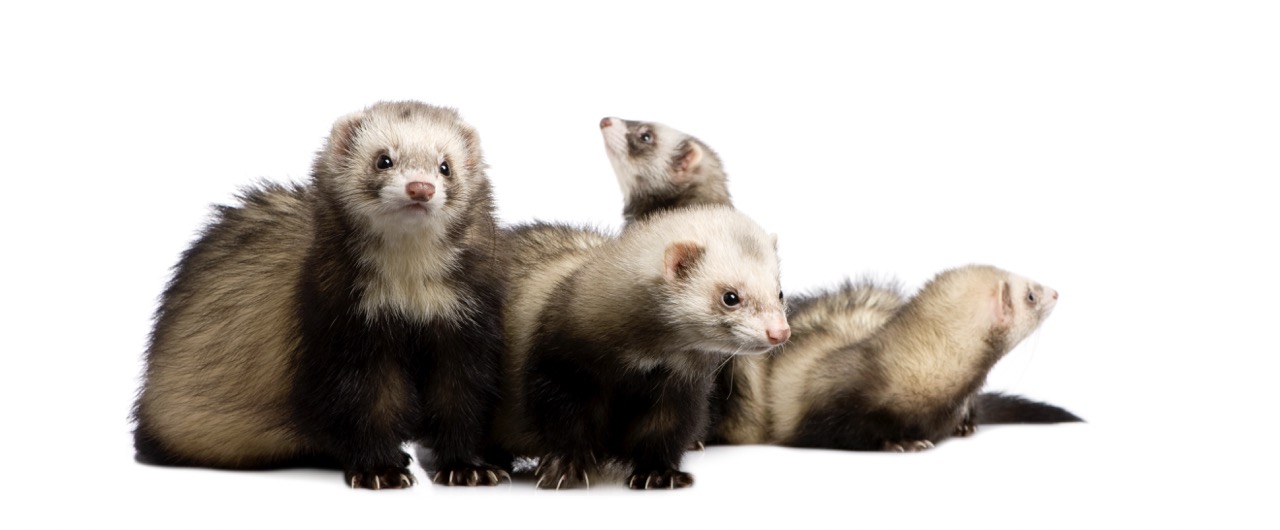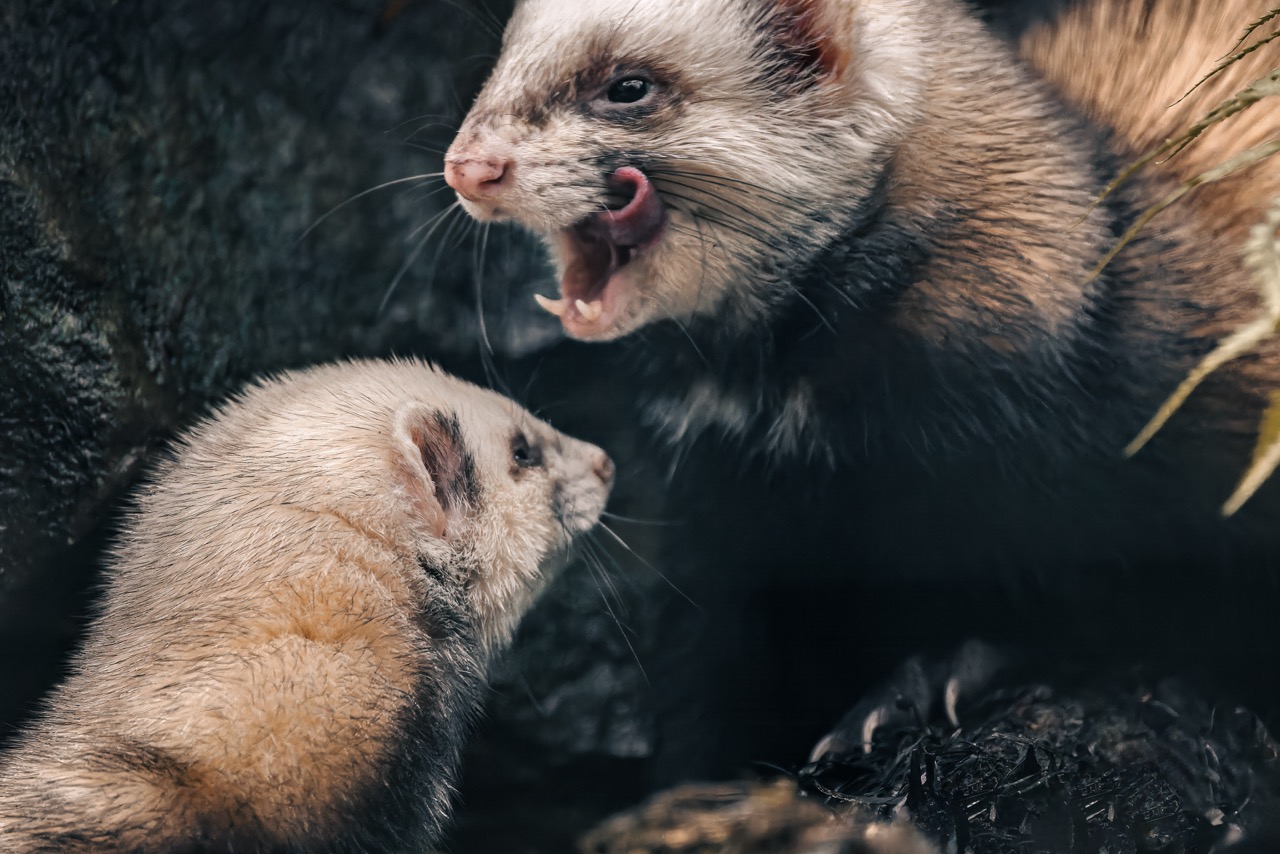Ferrets have captivated pet owners and researchers alike with their playful behavior and unique physical traits. Understanding the genetics of ferrets not only enhances our appreciation for these animals but also provides essential insights into their health, behavior, and overall well-being. This article will explore the genetic makeup of ferrets, identify key genetic traits that influence their behavior, examine the role of genetics in their health and longevity, and highlight future research directions in ferret genetics studies.
Understanding the Genetic Makeup of Ferrets
Ferrets (Mustela putorius furo) are domesticated members of the weasel family, Mustelidae, and share a common ancestry with wild polecats. Genetic studies have indicated that ferrets possess a diploid chromosome number of 38, similar to other members of the Mustelidae family. This genetic structure contributes to their distinct characteristics, including their elongated bodies, sharp teeth, and keen sense of smell, which have evolved over thousands of years to adapt to various environments.
The ferret genome is relatively small compared to other domesticated animals, making it easier for researchers to study its genetic diversity and hereditary traits. Recent advances in genomics have enabled scientists to identify various genes linked to specific coat colors, patterns, and even health conditions. The ferret’s genetic simplicity offers a unique opportunity to explore more complex genetic interactions and how they contribute to the animal’s overall phenotype.
Moreover, the study of ferret genetics has significant implications for conservation and breeding programs. By understanding the genetic variability within ferret populations, breeders can make informed decisions to promote desirable traits while minimizing the risk of genetic disorders. This knowledge is crucial to maintaining a robust gene pool and ensuring the long-term health of domesticated ferret populations.
Key Genetic Traits That Define Ferret Behavior
Behavioral traits in ferrets are largely influenced by genetics, with certain genes playing critical roles in their sociability, playfulness, and curiosity. For example, the dopamine receptor gene (DRD4) has been linked to exploratory behavior in many animals, including ferrets. Variations in this gene can lead to differences in how ferrets interact with their environment and with humans, making them either more outgoing or more reserved.
Additionally, the approach to social bonding in ferrets is also genetically influenced. Ferrets are known for their playful and social nature, but this can vary significantly among individuals. Genetic predisposition to sociability may affect how ferrets respond to other pets and humans, impacting their compatibility as companions. Understanding these traits can help potential owners select ferrets that are best suited for their lifestyle and household dynamics.
Moreover, the behavioral genetics of ferrets paves the way for better training methods and socialization practices. Recognizing that certain behaviors are genetically influenced allows owners and trainers to tailor their approaches based on the individual ferret’s genetic makeup. This understanding can lead to more effective training strategies, enhancing the bond between ferrets and their human caregivers.
The Role of Genetics in Ferret Health and Longevity
Genetics plays a pivotal role in the health and longevity of ferrets, as several inherited conditions can affect their quality of life. Common genetic disorders in ferrets include adrenal gland disease, insulinoma, and lymphoma. Research has identified specific genetic markers associated with these conditions, which can assist breeders in making informed decisions to reduce the prevalence of these diseases in their lines.
In addition to hereditary disorders, the genetic background of ferrets can influence their overall resilience and immune response. Studies have shown that ferrets with diverse genetic backgrounds tend to exhibit better health and longer lifespans compared to those with limited genetic variability. This finding underscores the importance of genetic diversity in breeding programs, as it can significantly enhance the overall health and vitality of ferret populations.
Furthermore, as veterinary medicine continues to advance, genetic testing can provide valuable tools for early detection and intervention in hereditary diseases. By identifying genetic predispositions, veterinarians can develop tailored health management plans to monitor and treat conditions before they become severe. This proactive approach can ultimately lead to improved health outcomes and extended lifespans for ferrets, allowing them to thrive as cherished companions.
Future Research Directions in Ferret Genetics Studies
The field of ferret genetics is ripe for exploration, with several promising research directions that could enhance our understanding of these fascinating animals. One potential area of study involves investigating the impact of specific genetic variations on behavior and temperament. By identifying the genes associated with various behavioral traits, researchers can better comprehend how genetics shapes the personality of ferrets and other domesticated animals.
Another important avenue for future research involves the investigation of genetic health markers. As awareness of inherited diseases in ferrets grows, the development of a comprehensive genetic database could facilitate improved screening and breeding practices. By cataloging genetic variations linked to specific health issues, researchers can provide breeders and veterinarians with the necessary tools to make informed decisions, ultimately leading to healthier ferret populations.
Lastly, cross-disciplinary research incorporating genetics, ecology, and conservation biology could yield valuable insights into the domestication process of ferrets. Understanding how wild ferret relatives have adapted to their environments through genetic changes can inform breeding strategies and enhance conservation efforts for both domestic and wild ferret populations. As research in these areas continues to evolve, the potential for improving ferret care and understanding their genetics is vast.
The genetics of ferrets provides a window into the complex interplay between heredity, behavior, and health. By understanding the genetic makeup of these animals, we can better appreciate their uniqueness and the challenges they face as pets. As research in ferret genetics progresses, it promises to yield valuable insights that will benefit not only the health and well-being of ferrets but also enhance the overall human-animal bond. With continued dedication to studying ferret genetics, we can look forward to a future that promotes the welfare and longevity of these charming companions.










